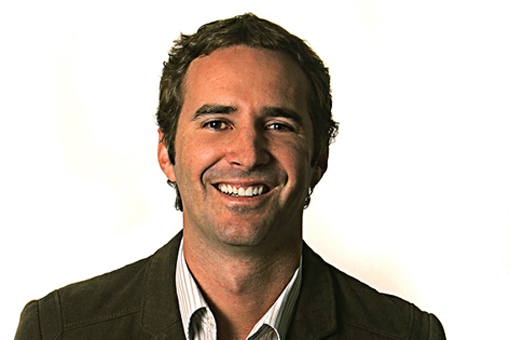The Chocó region in western Colombia is one of the most mineral-rich places in the hemisphere. It is also ecologically rich, boasting species of flora thought to be unique to Chocó. But due to years of commercial gold and platinum mining that have leached mercury and cyanide into local rivers, the Chocó region has also become one of the most threatened natural areas in the world.
Felipe Arango has been working to change that. Arango, 34, is CEO of Oro Verde—an NGO based in Medellín, Colombia, that empowers local miners to use more ecologically friendly artisanal mining techniques. Founded in 2003, the organization purchases gold produced by certified artisanal miners, many of them Afro-Colombian, and sells it to socially conscious jewelers around the world. Oro Verde takes a 2 percent cut to fund its operations and administration, and contributes its profits and reinvested premiums to the protection of 11,120 acres (4,500 hectares) of tropical rainforest. Oro Verde’s gold certification process, meanwhile, has influenced the development of a global “fair-trade, fair-mined” gold certification process.
The benefits accrue not only to the environment. Oro Verde distributes a percentage of its profits—amounting to more than $200,000 in the past decade—to local community councils, which use them for projects ranging from school renovation and infrastructure development to the purchase of new water pumps that improve the efficiency of artisanal mining techniques. Such reinvestment, Arango says, “reinforces community involvement, builds accountability and gives miners an incentive to preserve their land.”
There’s just one problem. The eco-friendly technique certified by Oro Verde is slower and produces less gold. While traditional miners use poisonous mercury to extract gold from ore, Oro Verde–certified miners soak balsa leaves in water until the balsa extracts attach to the lighter minerals in the ore, revealing the gold without the typical toxic byproducts. All told, the balsa process can take up to two weeks—one to wash the ore and another to extract the gold. Using mercury, traditional mining companies can extract the same amount of gold in a matter of hours.
In 2011, Oro Verde miners produced just over 15 pounds (7 kilograms) of gold—a fraction of a percent of Colombia’s annual production of 73,800 pounds (33,475 kilograms) per year. Currently, traditional mining groups produce so much gold that their profits often far exceed the 15 percent premium Oro Verde miners receive—leading many to sell the mining rights to their land or relinquish it to illegal miners, who offer large sums of cash and often threaten violence. That’s one reason why comparatively few independent Chocó miners have found Oro Verde an attractive proposition—only 1 percent of miners in Chocó have signed up with the company.
Frustrated by these challenges, Arango, a Colombian with degrees in political science and business administration from Boston University, decided on a new marketing strategy. Starting in August, Oro Verde will stage the first-ever online auction for sustainably mined gold and platinum, on the assumption that socially conscious consumers will be willing to put their money where their values are.
Arango believes this will also attract more miners to the idea that eco-friendly techniques are not only good for the land, but can sustain their families. “The hope,” says Arango, “is that consumers who feel more connected to the product will generate greater returns for miners.”




